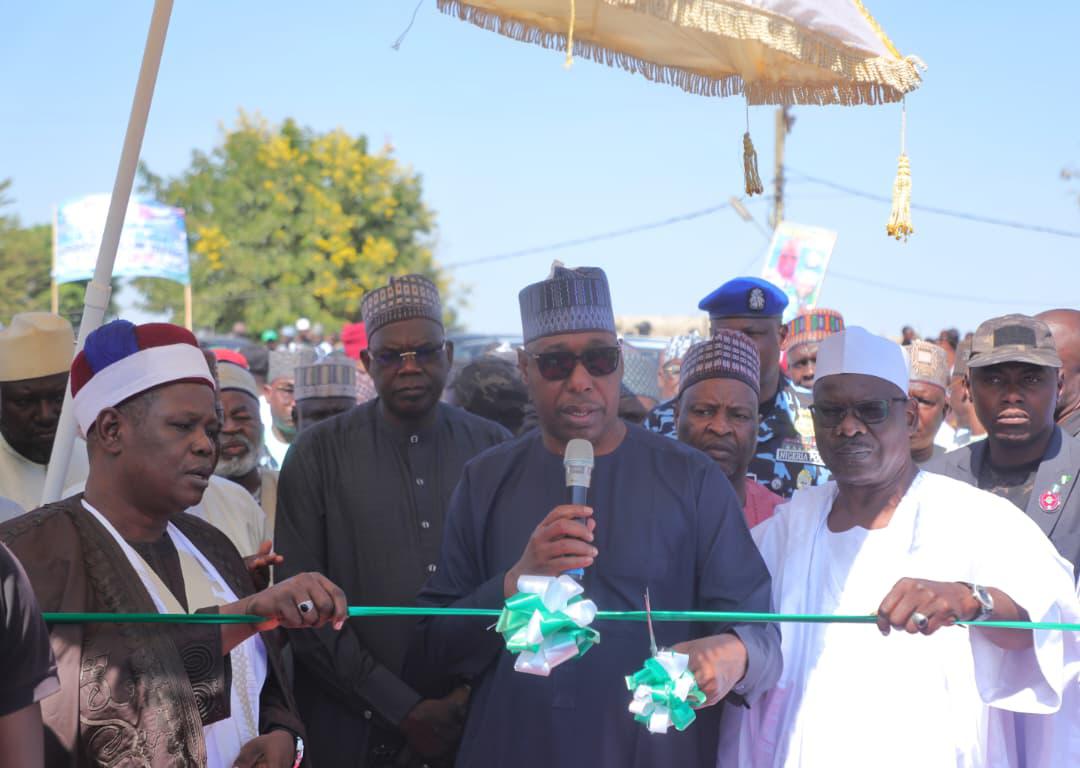To improve the quality of education at the foundational level in Delta State, the State Universal Basic Education Board (D-SUBEB) has committed N7.1 billion to over 200 approved projects aimed at enhancing infrastructure, teaching quality, and access to education across the state’s public primary schools.
The Chairman of D-SUBEB, Hon. Samuel Mariere, who disclosed this at a press briefing in Asaba on Thursday while reacting to the allegation of collecting money from the contractors, said that 90 percent of the projects awarded have already been completed.
Hon. Mariere reaffirmed the board’s commitment to ensuring that all projects are executed to the highest standards and that every naira spent translates into tangible benefits for Delta’s children.
“We are not just building structures—we are investing in the future of our state through the minds of our young learners,” he said.
According to the D-SUBEB boss, the highest single project cost stood at N60m, and all contractors have received their due payments—including an initial 30 percent mobilization fee.
“We only retain the final payment for six months until we are satisfied the job meets our specifications. If the work is substandard, the withheld funds are used to address any deficiencies,” Mariere stated.
The latest Quarterly Progress Report from D-SUBEB, filed on August 20 to the Universal Basic Education Commission (UBEC), reveals significant achievements across various areas between June and August 2025.
The chairman hinted that the board placed strong emphasis on teacher development, training 5,511 teachers across the state, even as 10 out of 16 planned training programmes were successfully implemented (63% completion).
He said the flagship programmes for teachers include, but are not limited to, School-Based Training, Head Teacher Leadership, Jolly Phonics, Needs Assessments, and the STEP and SMASE initiatives.
Hon. Samuel Mariere also said there is improved digital literacy, better lesson planning, inclusive pedagogy, and stronger classroom management at the primary school level.






